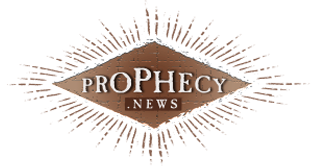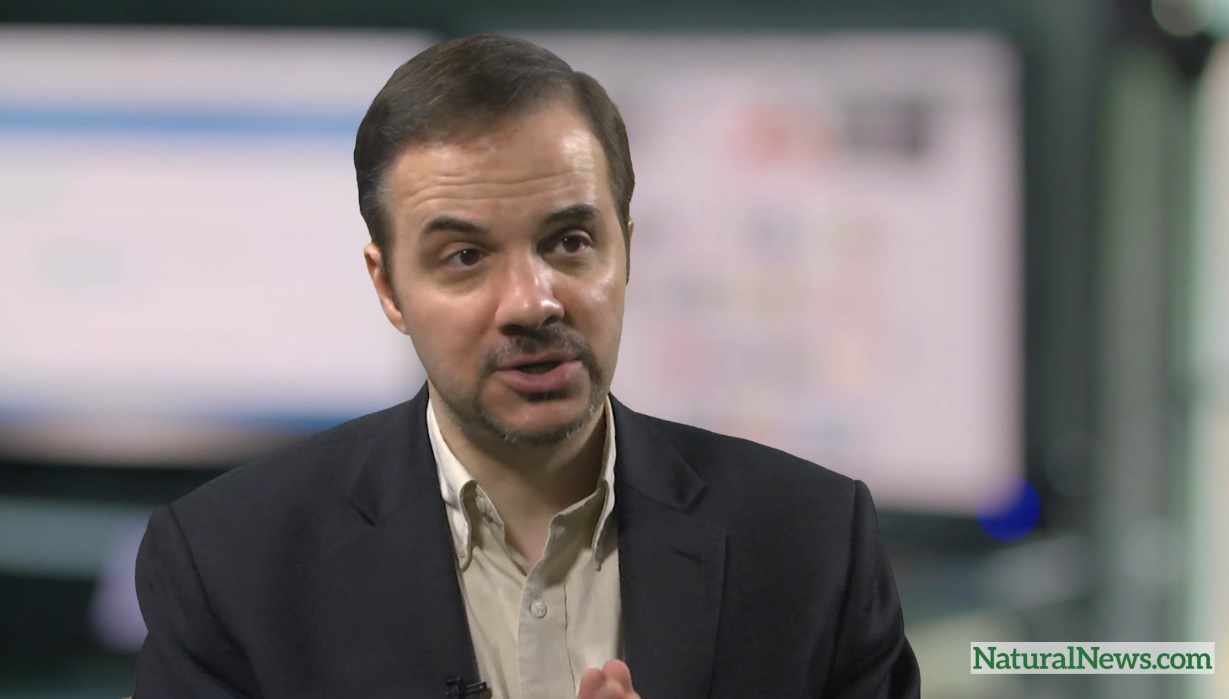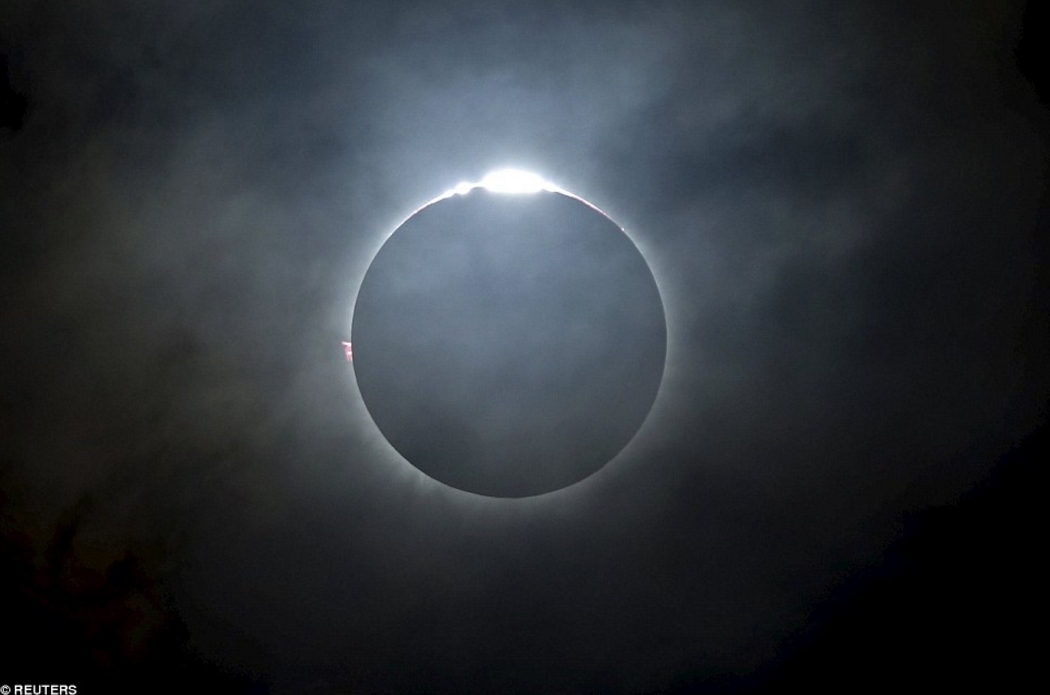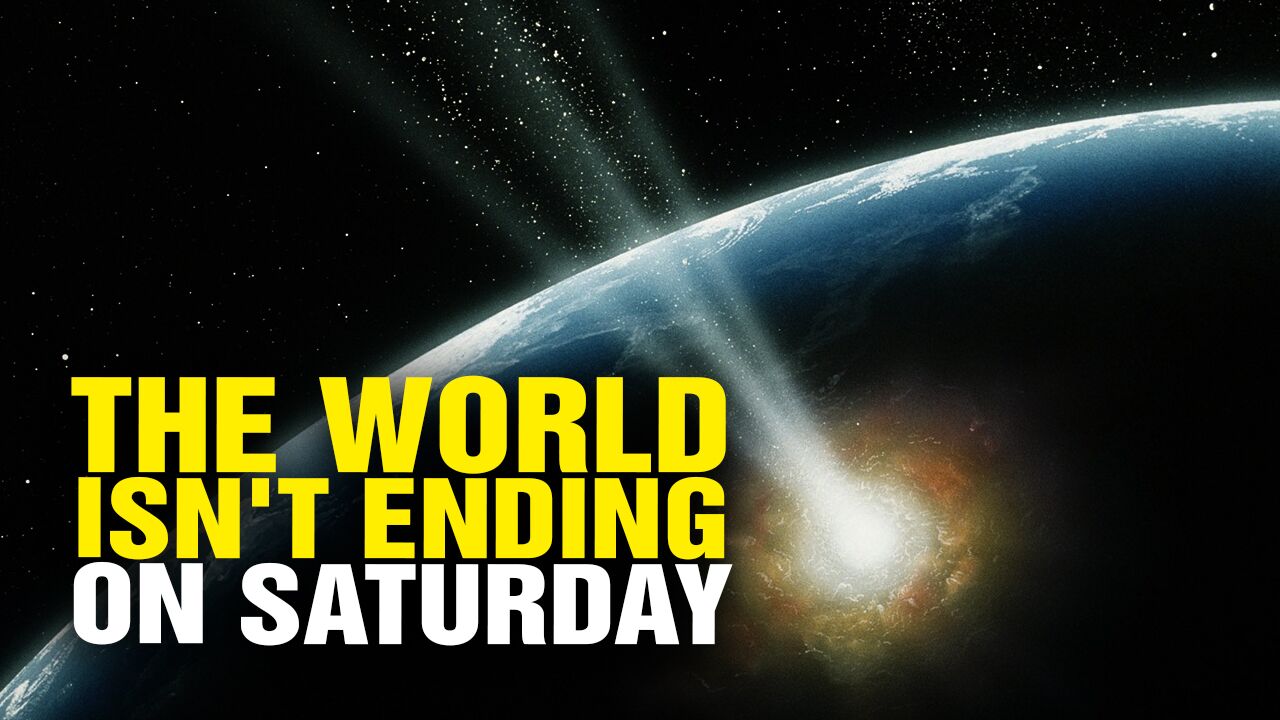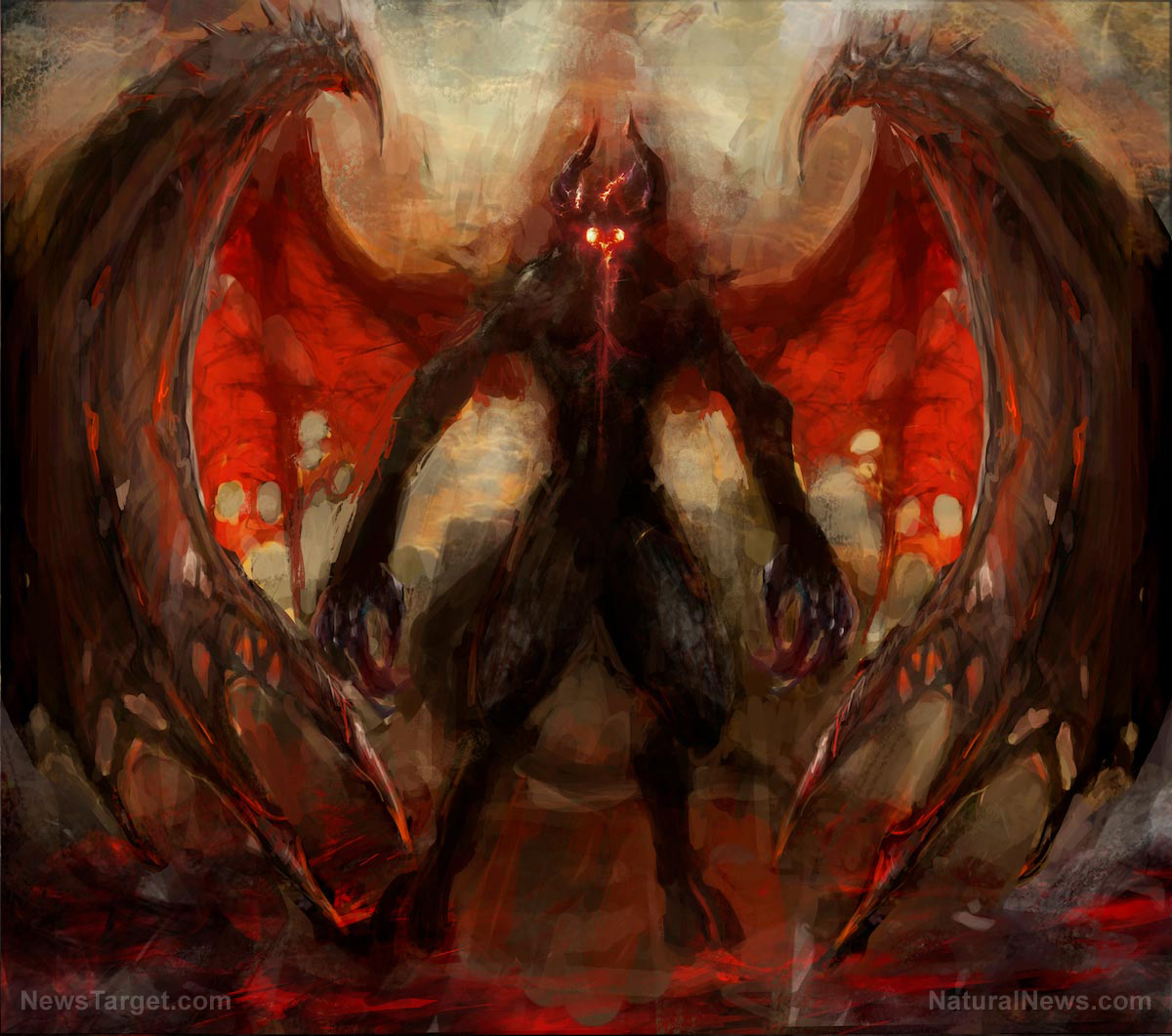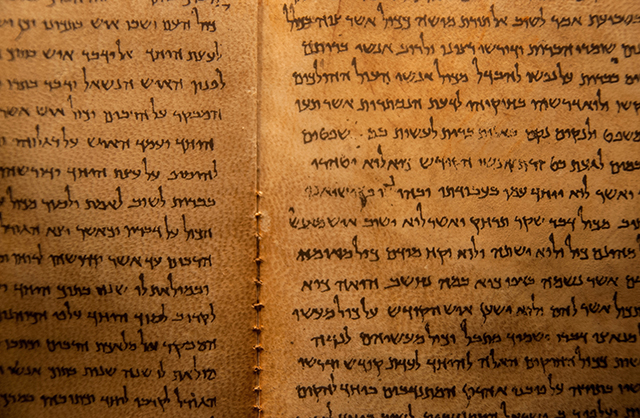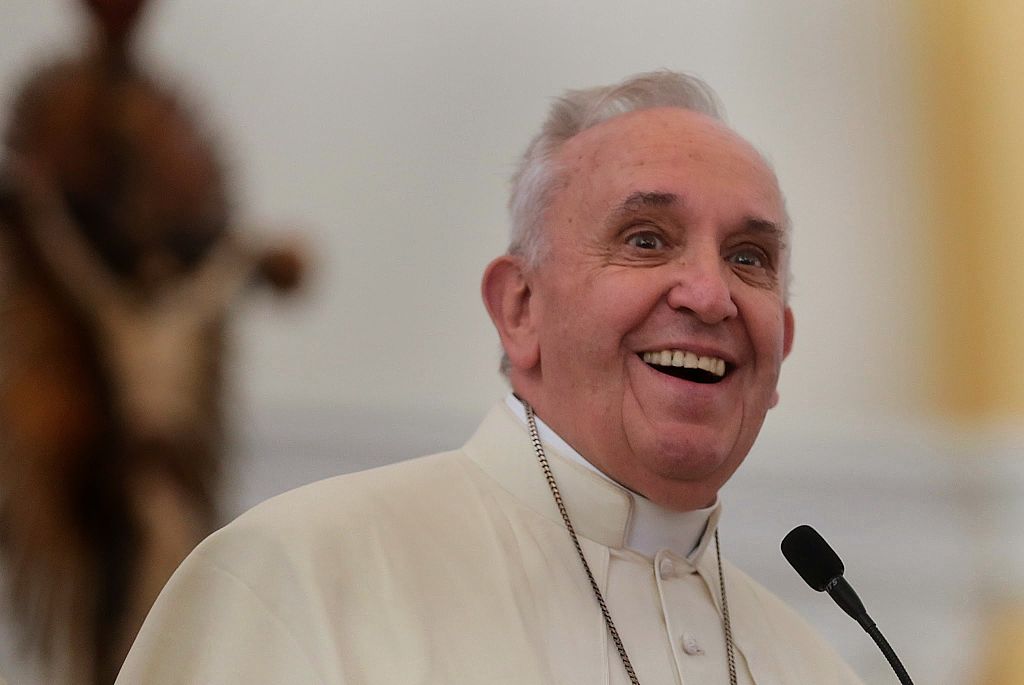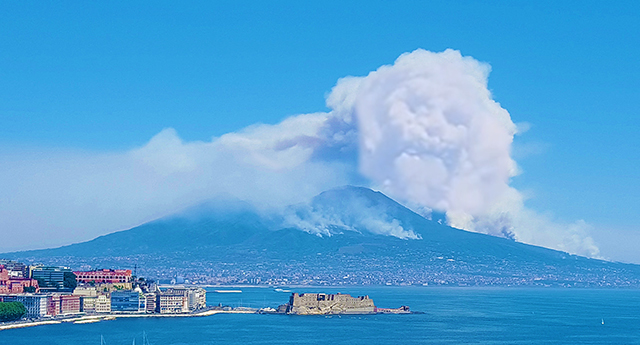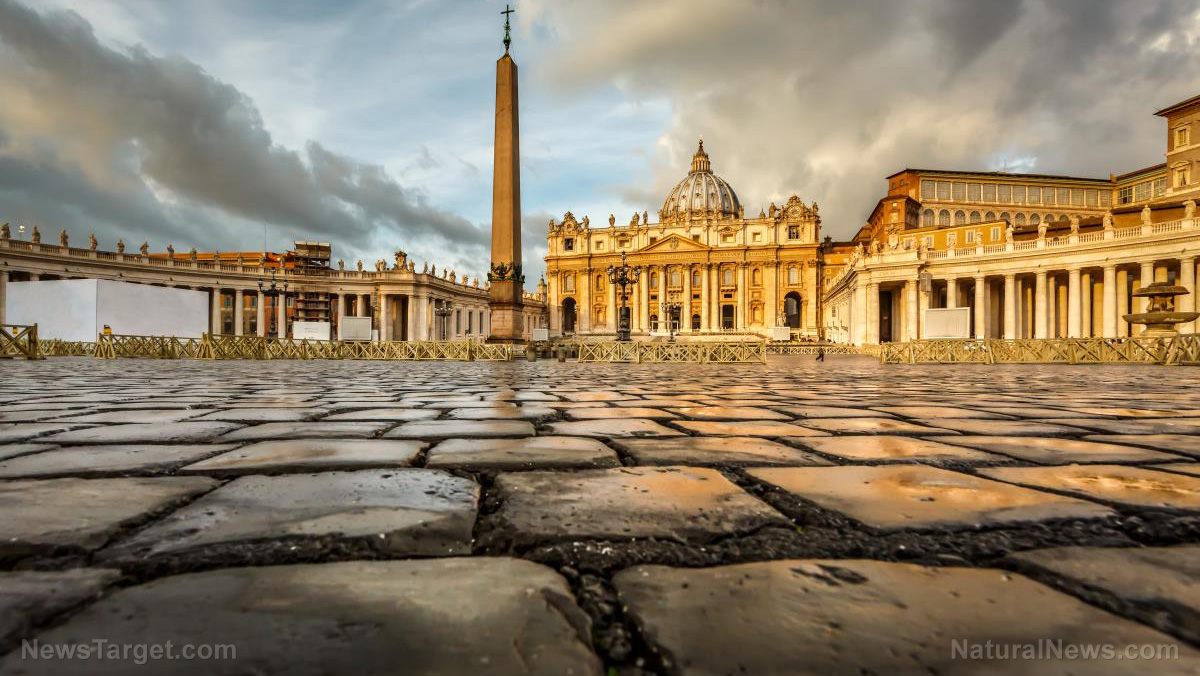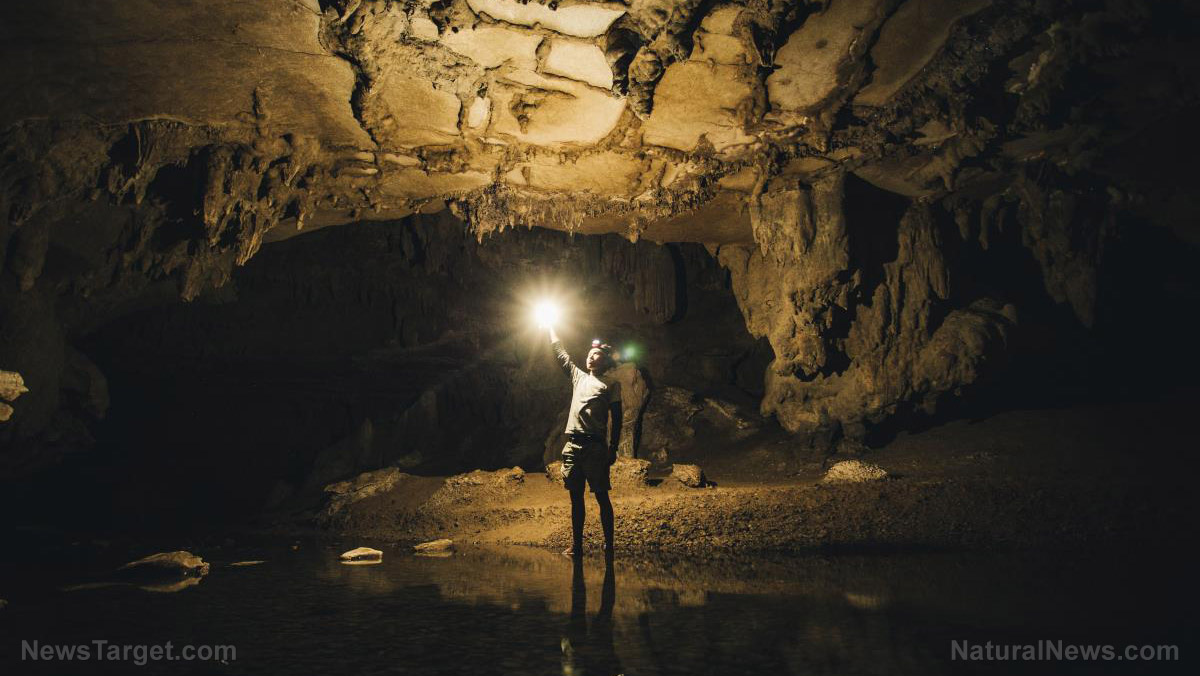However, Jeremy Moodey, the chief executive of Embrace the Middle East, told Christian Today: “Having visited this exhibition myself, I can’t really see what all the fuss is about. It is very low-key and simply highlights the daily humiliations and indignities inflicted on the Palestinians by the checkpoints, which incidentally are, along with the separation barrier of which they are part, illegal under international law. This is a matter of fact. It says nothing about the Jewish people, so is certainly not antisemitic.”
In a statement, the church said the exhibition had been “carefully curated to reflect the issues of divided communities within Israel and Palestine and to promote reflection and prayers for peace”.
It said the display “seeks to explore aspects of human rights and dignity. It has been put together on the basis of principled impartiality, putting concern for human rights above support of any particular group by referring to international law. There is no criticism or judgement of the Jewish community or faith.”
Hinde St had informed a local synagogue about the exhibition but the letter was not received. The church said this was “deeply regrettable, as it would have allowed earlier conversation and dialogue which was the church’s intention”.
After representations by the BOD and the Zionist Federation, the church agreed to include a table of information prepared by the Federation. In a statement, the two organisations said it was talking to the church about a panel discussion including a pro-Israel speaker.
It said: “The church has expressed regret that a letter about the exhibition sent to a local rabbi did not get through, and in future we would hope to see more rigorous consultation around such sensitive events, for the sake of good interfaith relations.
“The Jewish community is now seeking volunteers, as well as those who have already signed up over the weekend, to hand out leaflets outside the church explaining the reasons why Israel feels the need for such security measures.
“We hope that the event will be conducted in a constructive spirit of genuine dialogue by organisers and visitors alike.”
The Methodist Church has had a fraught relationship with the Jewish community over its stance on the occupation and Israel’s Palestine policy, which it has frequently criticised. It called for a boycott of goods from illegal Israeli settlements in 2010 and considered extending its position on Boycott, Divestment and Sanctions to the rest of Israel at its 2014 Conference, but resolved to postpone consideration of the issue for two years.
